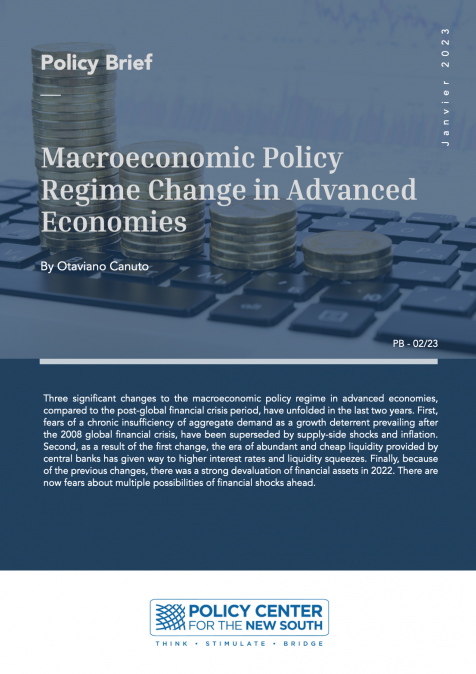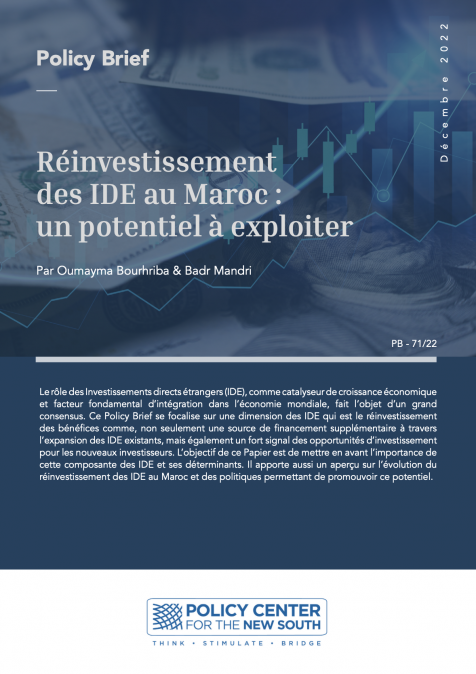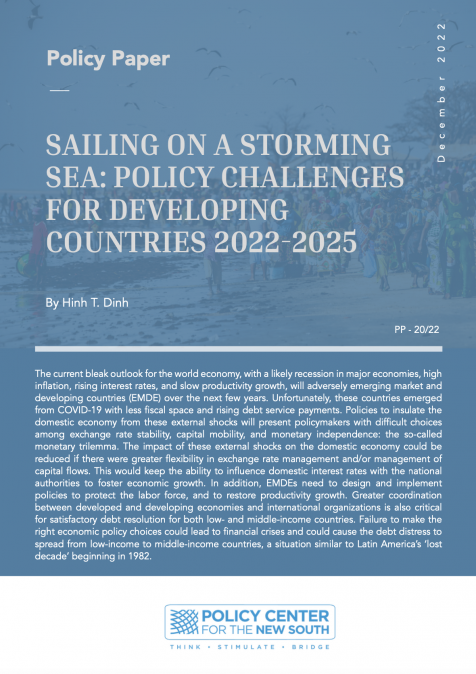Réforme du système monétaire international
Président
- Anoop Singh, Distinguished Fellow, Centre pour le progrès social et économique (CSEP)
Introduction
- Michel Camdessus, ancien directeur général, Fonds monétaire international (FMI) - En ligne
Discutants
- Masood Ahmed, Président, Center for Global Development (CGD)
- Jean-Claude Kassi Brou, Gouverneur, Banque centrale des Etats d'Afrique de l'Ouest
- Pablo Garcia Silva, Vice-gouverneur, Banque centrale du Chili
- Julio Velarde, gouverneur, Banque centrale du Pérou (BCRP)
- François Villeroy de Galhau, gouverneur, Banque centrale de France (BdF)
- Hiroshi Watanabe, président de l'Institut pour les affaires monétaires internationales (IMAI)
Remarques de clôture
- Bernard Snoy, président de l'association Robert Triffin International (RTI)
Discours d'ouverture
Introduit par
- Harinder Kohli, directeur fondateur et directeur général, Emerging Markets Forum (EMF)
- François Villeroy de Galhau, Gouverneur, Banque centrale de France (BdF)









